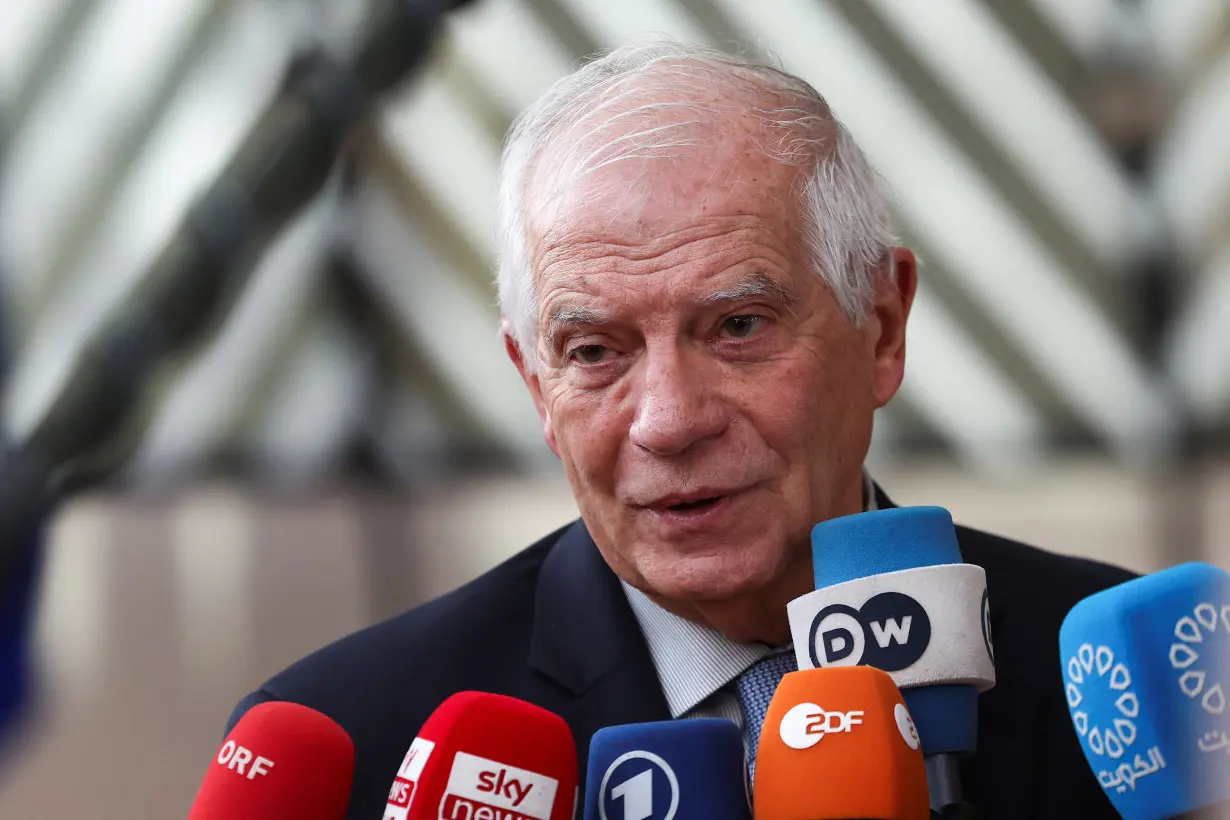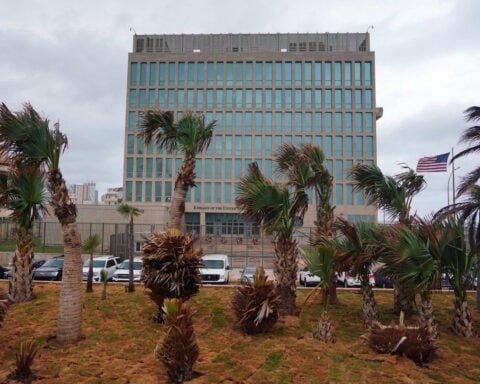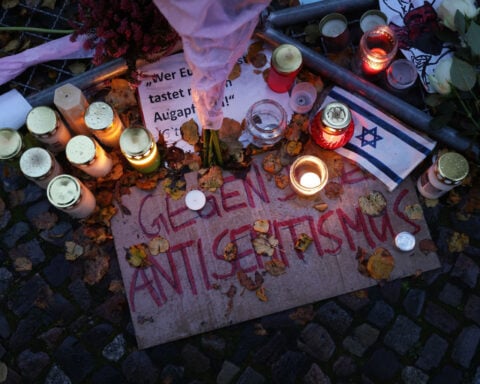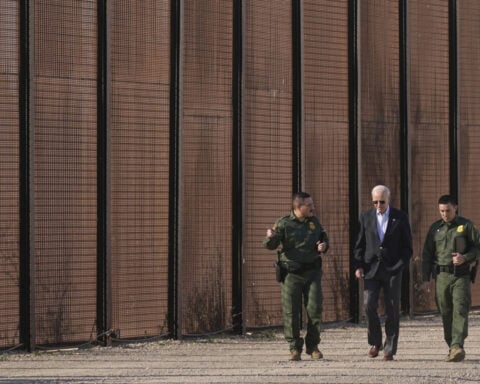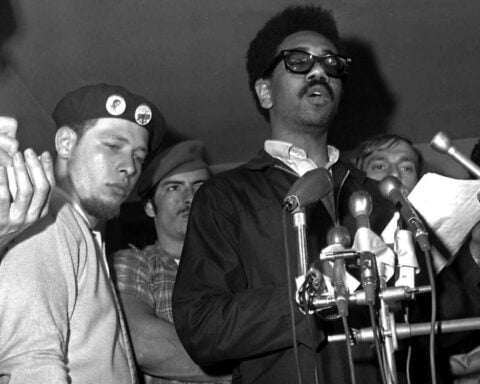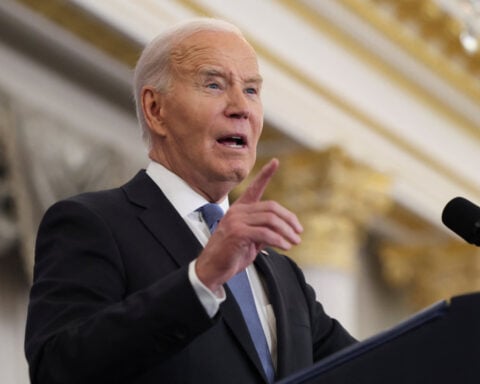RIO DE JANEIRO (Reuters) - Foreign ministers at the G20 group of nations meeting in Brazil were of one opinion on the need for a two-state solution as the only path to peace in the Israeli-Palestinian conflict, European Union foreign policy chief Josep Borrell said on Thursday.
"Everybody here, everybody. I haven't heard anyone against it. There was a strong request for a two-state solution," he told reporters. "It is consensus among us," he added.
Borrell's view was supported by other delegates who said every speaker who addressed the war in Gaza called for the two-state solution.
"There is a common denominator: there is not going to be peace ... not going to be sustainable security for Israel unless the Palestinians have a clear political prospect to build their own state," said Borrell, the EU minister for foreign affairs.
He said the crisis in Gaza extends to the West Bank, which is "absolutely boiling" as Israeli settlers are "attacking Palestinian civilians."
Borrell said he had asked G20 host country Brazil to "explain to the world that at the G20 everybody was in favor of this solution."
"We have to mobilize our political capacity to push for this solution to be implemented. Otherwise is just wishful thinking," he said.
Borrell said he expects Arab nations will make a peace proposal for Gaza in coming days.
Israeli Prime Minister Benjamin Netanyahu and his right-wing coalition government largely rejects the establishment of a Palestinian state even though Israel's main backer the United States maintains that the two-state solution is the only feasible way to bring lasting peace to the region.
On Ukraine, Borrell said he saw no sign of Russia accepting a ceasefire. "(Russian President Vladimir) Putin wants to continues this war," he said.
Western foreign ministers from the G20 meeting in Brazil on Wednesday attacked Russia for its invasion of Ukraine as Russian Foreign Minister Sergei Lavrov listened, diplomats said.
(Reporting by Lisandra Paraguassu; Writing by Anthony Boadle; Editing by Alistair Bell)

 AAPI adults prioritize immigration, but split on mass deportations: AP-NORC/AAPI Data poll
AAPI adults prioritize immigration, but split on mass deportations: AP-NORC/AAPI Data poll
 Nippon Steel wants to work with Trump administration on US Steel deal, Mori tells WSJ
Nippon Steel wants to work with Trump administration on US Steel deal, Mori tells WSJ
 BOJ will raise rates if economy, price conditions continue to improve, Ueda says
BOJ will raise rates if economy, price conditions continue to improve, Ueda says
 After cable damage, Taiwan to step up surveillance of flag of convenience ships
After cable damage, Taiwan to step up surveillance of flag of convenience ships
 As fires ravage Los Angeles, Tiger Woods isn't sure what will happen with Riviera tournament
As fires ravage Los Angeles, Tiger Woods isn't sure what will happen with Riviera tournament
 Antetokounmpo gets 50th career triple-double as Bucks win 130-115 to end Kings' 7-game win streak
Antetokounmpo gets 50th career triple-double as Bucks win 130-115 to end Kings' 7-game win streak
 Zheng loses to No 97 Siegemund, Osaka rallies to advance at the Australian Open
Zheng loses to No 97 Siegemund, Osaka rallies to advance at the Australian Open
